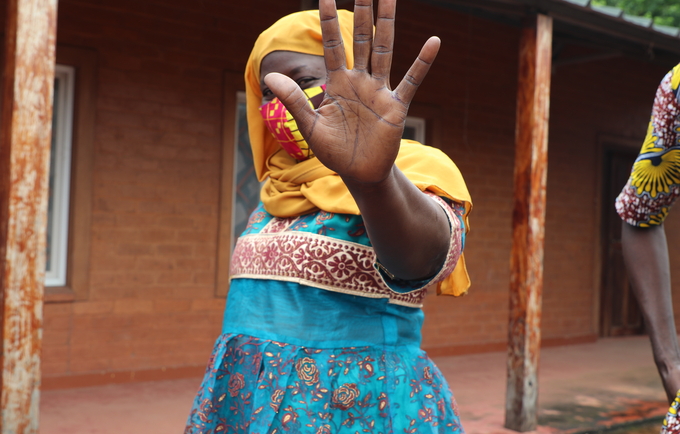The African Commission on Human and Peoples’ Rights and the African Committee of Experts on the Rights and Welfare of the Child expressed deep concern about some Islamic clerics and Gambian Mps renewed activism to repeal the law banning Female Genital Mutilations (FGM) in The Gambia.
Together with the International Bar Association, these organisations have criticized what they termed a regressive parliamentary debate. Additionally, 178 civil society organizations urged the Gambian government to uphold the law prohibiting FGM.
After three Gambian women were convicted of performing female genital mutilation (FGM) on several children, there was a strong reaction in the country. An Islamic cleric paid their fines, the Gambia Supreme Islamic Council issued a fatwa supporting FGM as a virtue of Islam, and some members of the National Assembly called for the repeal of the 2015 law that banned FGM.
The prosecution was made possible by the Women’s (Amendment) Act of 2015, which amended the 2010 Women’s Act and is based on the Maputo Protocol, an international human rights instrument adopted by the African Union.
FGM is a widespread practice in The Gambia, with about 76% of women aged 14 to 49 and 51% of girls under 14 having undergone the procedure. This means that, on average, every other young girl in The Gambia has experienced this form of mutilation, which involves altering the genitals by cutting the clitoris or labia.
About the challenges and complexities surrounding the repeal of a law against Female Genital Mutilation (FGM) in The Gambia, Judy Mionki, an African Regional Forum Liaison Officer on the IBA Human Rights Law Committee, suggests that repealing the law is highly unlikely due to the way it was passed.
The law is based on the Maputo Protocol, which addresses cultural practices and prohibits harmful practices like FGM. Since The Gambia ratified the protocol and incorporated it into its own law, repealing it would be difficult and could face backlash. Additionally, a letter sent to the Gambian government highlights the positive impact of the law on neighboring countries, praising The Gambia’s leadership in combating FGM.
However, there are calls to repeal the law due to insufficient efforts to engage the community when it was passed. Uzoma Lyanni Aneto, a Diversity and Inclusion Officer on the IBA Human Rights Law Committee, suggests that community engagement was crucial in Nigeria’s approach to enacting similar laws, involving community leaders and affected individuals to change perceptions over time.










